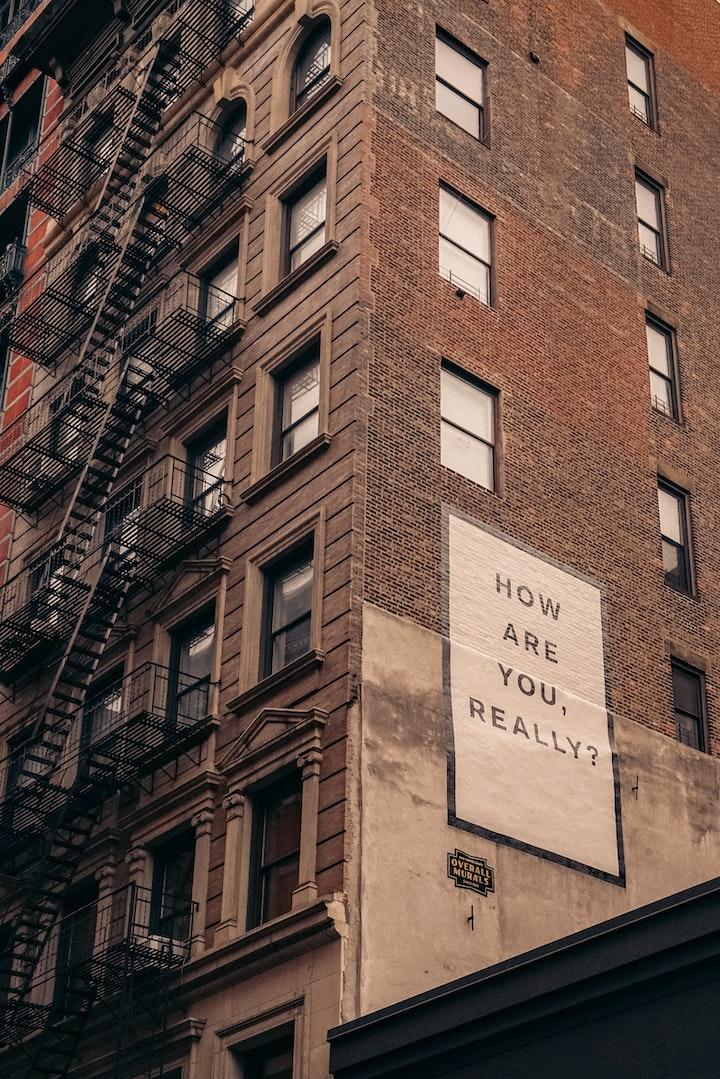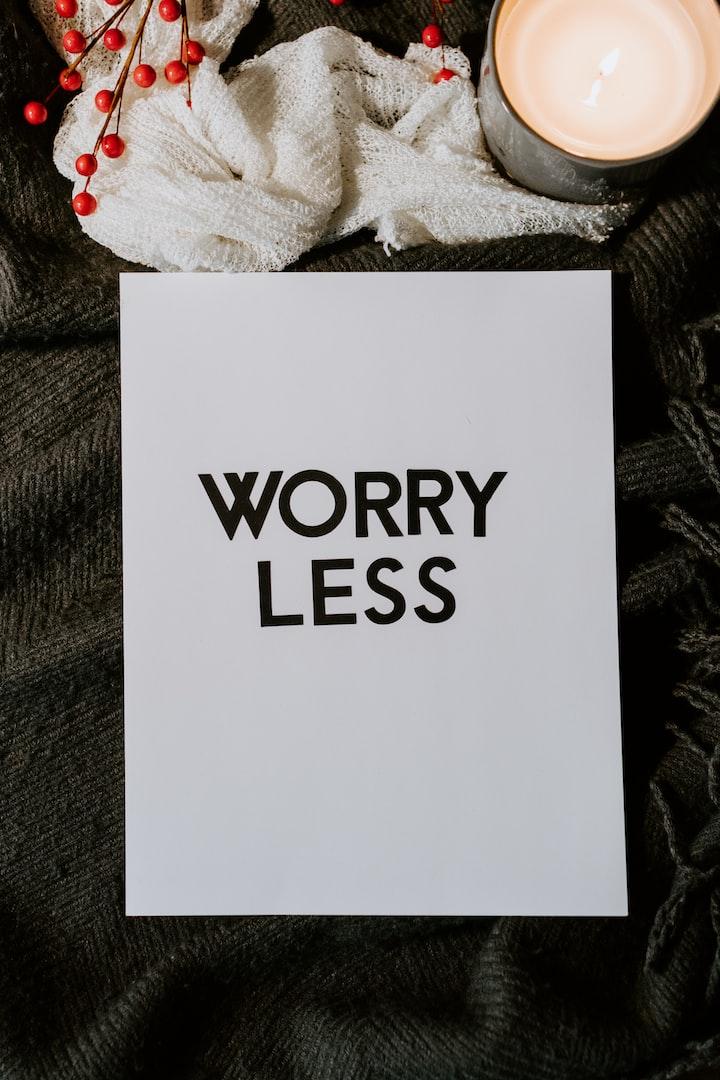6 Treatments for Anxiety That Actually Work
There are many different ways to treat anxiety, and what works for one person may not work for another. It is important to work with a mental health professional to figure out what treatment or combination of treatments will work best for you. Here are six common treatments for anxiety:
1. Cognitive-behavioral therapy (CBT): CBT is a type of therapy that helps you change your thinking and behavior patterns in order to better manage your anxiety. It can be done in individual or group sessions, and usually lasts for 12-20 weeks.
2. Exposure therapy: This type of therapy involves gradually exposing yourself to the things that make you anxious, starting with the least anxiety-provoking situations and working up to the most anxiety-provoking ones. The goal is to help you become less afraid of these situations over time so that you can eventually face them without fear or avoidance.
3. Relaxation techniques: Relaxation techniques such as deep breathing, progressive muscle relaxation, and meditation can help reduce both the physical and psychological symptoms of anxiety by helping you relax your body and calm your mind. These techniques can be learned on your own or with the help of a therapist or other mental health professional.
4 .Medication: There are.
Read More »6 Treatments for Anxiety That Actually Work






